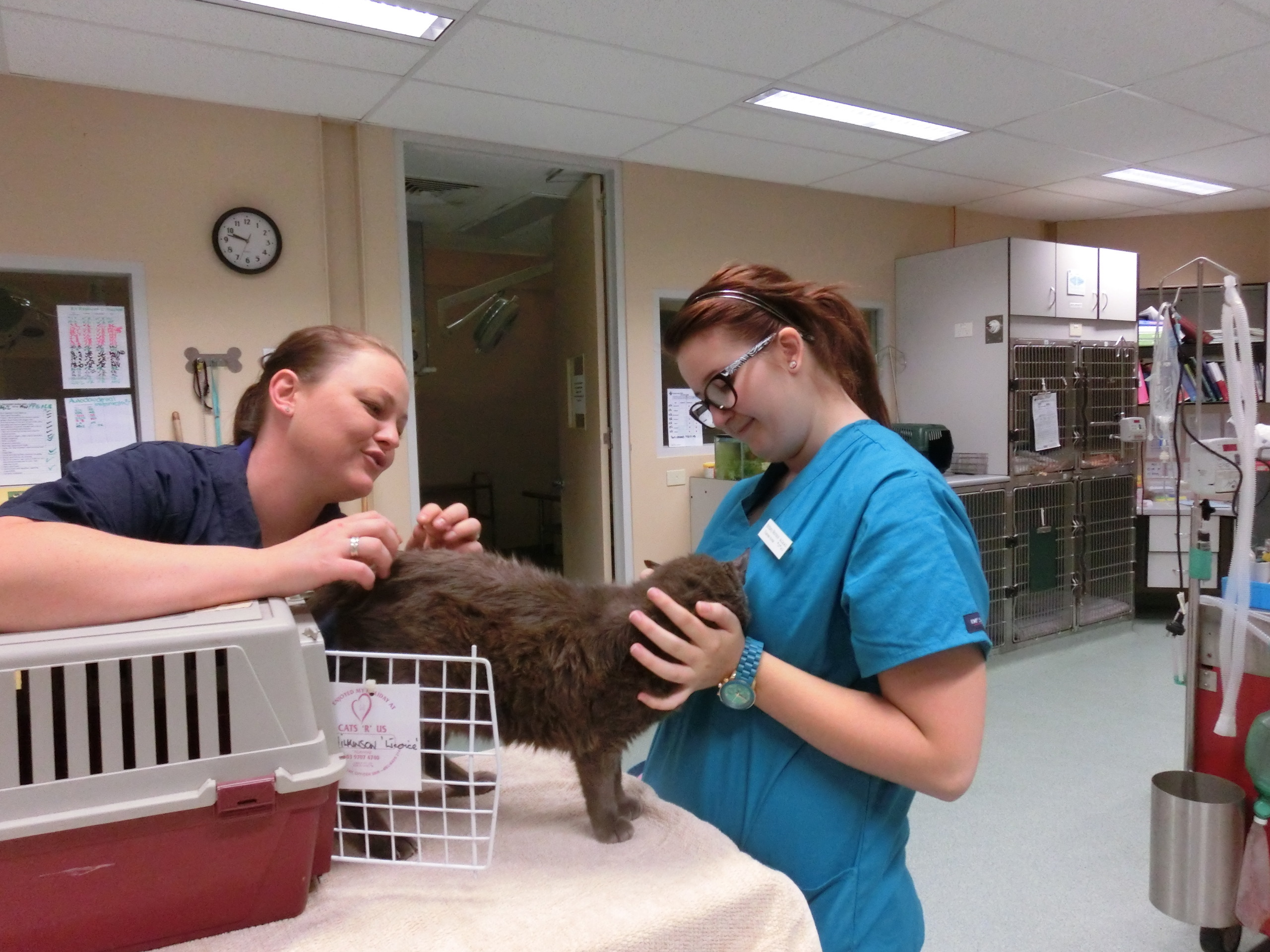As a veterinary locum, there are many choices to make. What type of practice? Mixed, farm only, equine only, small animal only? What location? City, country, north, south, east, west? Doing your own on-call, or enjoying the luxury of evenings and weekends off?
These are all obvious decisions which have clear pluses and minuses, but you probably know which way you want to go. There’s another choice that often has to be made, and sometimes this is a trickier one to call: sole charge or teamwork? I’ve done both of these types of jobs myself, and there are definite pros and cons to each.
Sole charge
There’s no doubt that at first glance, the idea of being the only vet in charge of a clinic is daunting. Even if you have enough clinical experience to be able to deal with the case challenges that might arise, there are plenty of other issues that can come up.
I remember a classic “sole charge” post that I took on while locuming around Australia; I experienced many of the challenges of sole charge work during that two week period.
First, I never met my boss: he left the keys to his house under the front door mat and a list of instructions (and a cheque) on the kitchen table. It was in a remote Queensland town where locums were hard to come by, so one of the compromises was that as a time saver, he left town eight hours before I arrived, and we just hoped that no major crisis erupted during that small gap.
This is one of the pluses of sole charge: by its nature, it tends to be relatively quiet. You never know when it is going to get explosively busy, but on average, you can expect to have some quiet time to counter the busy times.
The second challenge is the fact that you are (obviously) in sole charge. You need to rapidly learn where everything is, and how everything is done. If you are lucky (I wasn’t, on that occasion) you will have some support staff to keep you right, and it’s a blessing if you do.
Another sole charge job that I did was the easiest job I ever had to do. It was in Hong Kong, and there was an experienced lay assistant to help me. The owners were all Chinese, and could not speak English. So when the animal came into the consult room, I quietly carried out an examination while my lay assistant discussed the history in unintelligible (to me) Cantonese. The assistant would then say to me “the dog has diarrhea; will I give him the usual treatment?”. My only task was to say “Yes” (and of course, to identify the rare creature that needed some other sort of intervention.
Back in my Queensland job, there were no other staff, so I had to navigate my way around the clinic on my own, following the handwritten instructions of my absent boss. This was interesting but stressful. (“Where could the apomorphine be?” etc)
The third challenge is that, due to the random nature of the veterinary caseload, if you are in sole charge there is a risk that you may have some complex situation that is close to the edge of your zone of competence. For me, in Queensland, that meant a call out to a horse 100 miles away that had suffered a ten-inch laceration to the underside of its throat. I had to drive out, over corrugated dirt tracks, for over two hours, and then had to administer a general anaesthetic using drugs that I had never had to use before. The outcome was excellent but the stress at the time was immense (they went on to name the horse after my wife who had accompanied me, and she was never sure if this was a compliment or an insult).
The experience of sole charge, on balance, was deeply rewarding: it was like a challenge that was confronted and overcome, with all of the attendant relief and post-stress celebrations afterwards.
Teamwork
The second type of job – teamwork – presents different challenges. There is less obvious stress because there are other responsible people who you can call on if you feel out of your depth in any way. You can learn from others about new ways of doing things; I have learnt more during a good team-based locum than at many veterinary conferences. But the downside is that you need to slot into a team smoothly, without upsetting anyone. This is not usually a problem, but there’s plenty of potential for discord.
The classic example that I recall is when I was a locum in a mixed practice where there were two senior partners, and myself. The problem was that the partners seemed to despise each other to the extent that they refused even to talk. So on one occasion, one partner came into the office, and said to the secretary: “Tell him he’s left his car headlights on”. Meanwhile, the other partner was sitting right beside the secretary, hearing every word. He replied, to the secretary “Tell him to mind his own business”. It was a tense fortnight, while I tried to keep both partners happy without upsetting the other.
Human nature dictates that poor relationships like this – or less extreme versions – are common enough. As a passer-by, your job is to somehow muddle through, trying to steer a middle path and aiming to avoid any altercations.
The positive side of working in a team is that many teams work well together, and you can find yourself with an instant social life after work, as well as being part of a smooth running outfit in the daytime. You do need to play a diplomatic game in the off-duty role as well as when you are working, but at best, this type of job can be an opportunity to make new friends.
Sole charge or teamwork? Both can be great, and both can be stressful. The best answer as a locum? Do some of one, and some of the other. A mix of practice types is probably the best way to keep you on your toes, stressed enough to be engaged without being so stressed that you burn out over the summer.


